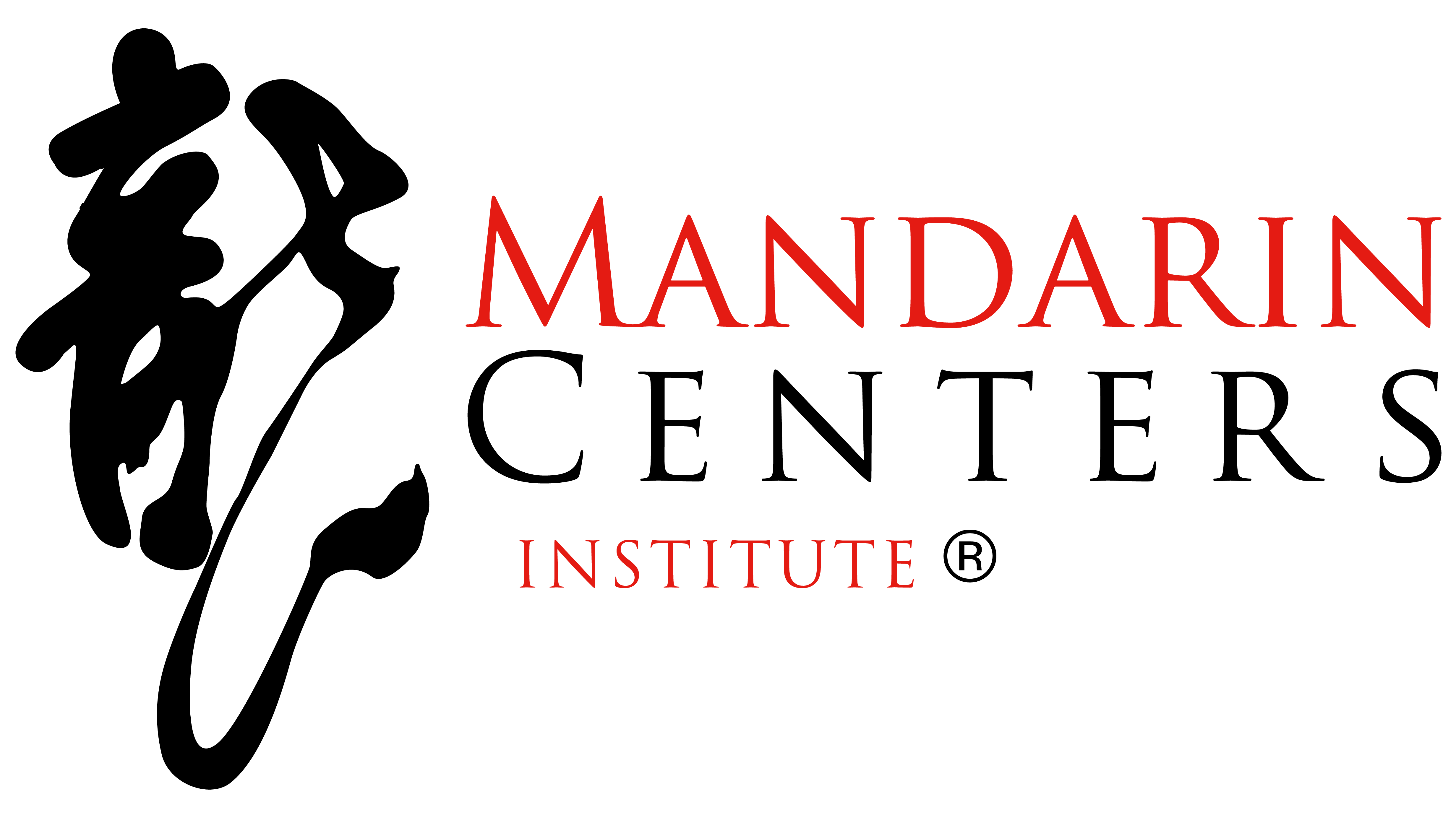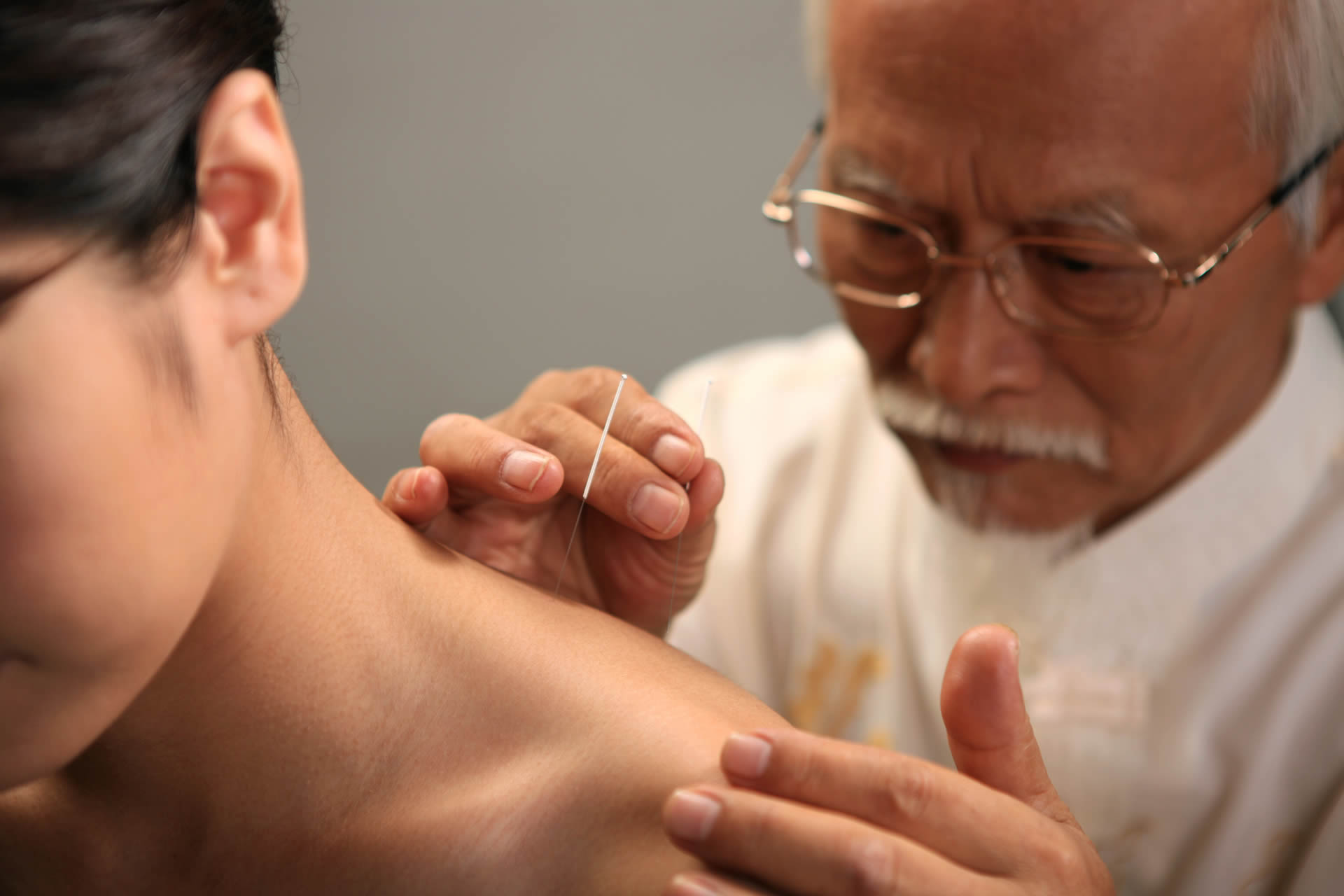Last Tuesday, August 31, representatives of Mandarin Centers Institute in the Dominican Republic and the Chinese publishing house Sinolingua visited the CAPEX facilities in order to gain a better understanding of the strategic vision of CAPEX, its impact and scope at the academic level and to align a work agenda to strengthen and facilitate the processes of teaching Mandarin Chinese in the Dominican society.
This visit and subsequent meeting is part of the collaboration agreement that both entities have with the objective of improving the professional training of companies that are under the CAPEX ecosystem.
Capex is a catalyst for major entrepreneurship and innovation projects for Santiago and the Northern Region of the Dominican Republic, developing initiatives, programs and innovative proposals linked to the educational field.
This collaboration agreement will allow the more than 10,000 students enrolled in Capex’s various training programs to access Mandarin Chinese language training in the coming years, which will significantly enrich their professional profile with a view to entering the labor market in the near future.
In addition, the Mandarin Chinese program follows the official curriculum of the official HSK Chinese exams, so that upon completion students will be able to certify their official level of Chinese.
In this first stage, students will be offered an initial level course, equivalent to level A1 according to the Common European Framework of Reference for Languages.
Although the training project itself is much more ambitious and the aim is to consolidate in the coming years an educational offer in Mandarin Chinese that includes not only language training but also courses to improve professional skills in areas such as business and tourism.
In the business field, courses related to protocol and negotiation with Chinese will be offered. This will facilitate trade relations between the Dominican Republic and China, which in recent years has already experienced visits and trade missions by Chinese businessmen.
With respect to the specific branch of tourism, it is not necessary to highlight the importance of this activity for the country’s economy. An improvement in the training of professionals in the tourism sector in the Chinese language and the way of attending and knowing the particular idiosyncrasy of the Chinese traveler will allow the Dominican Republic to improve its offer, position and visibility in this market in the coming years.






